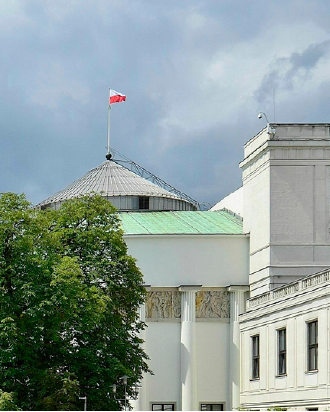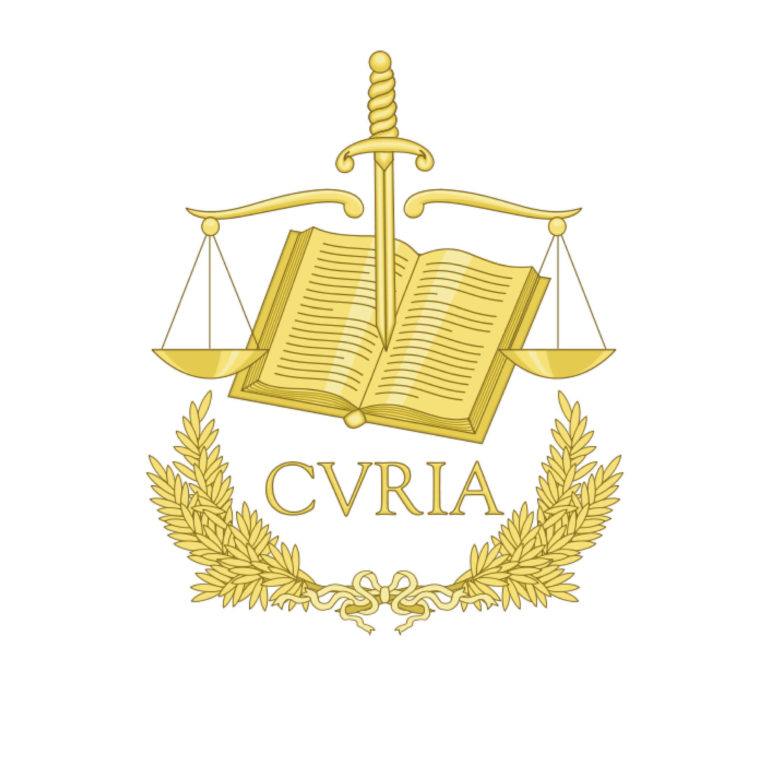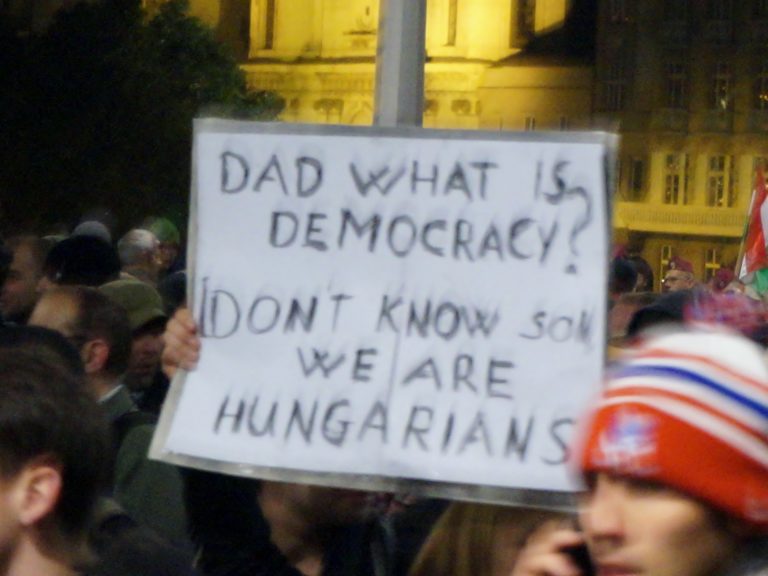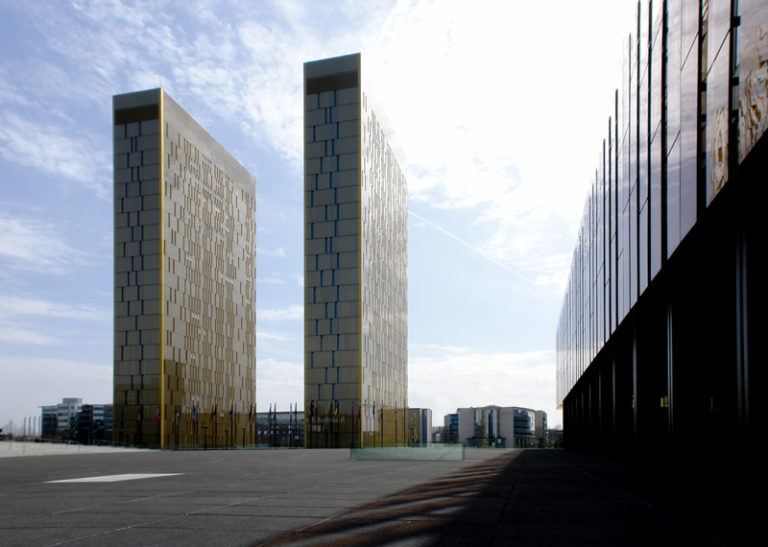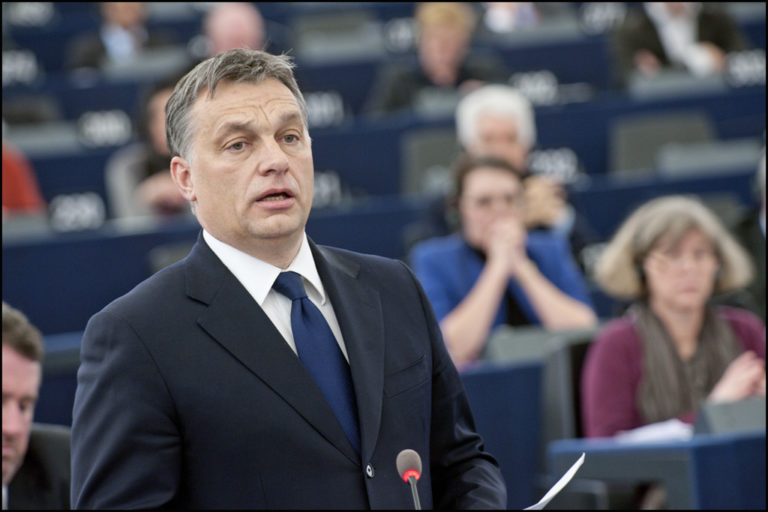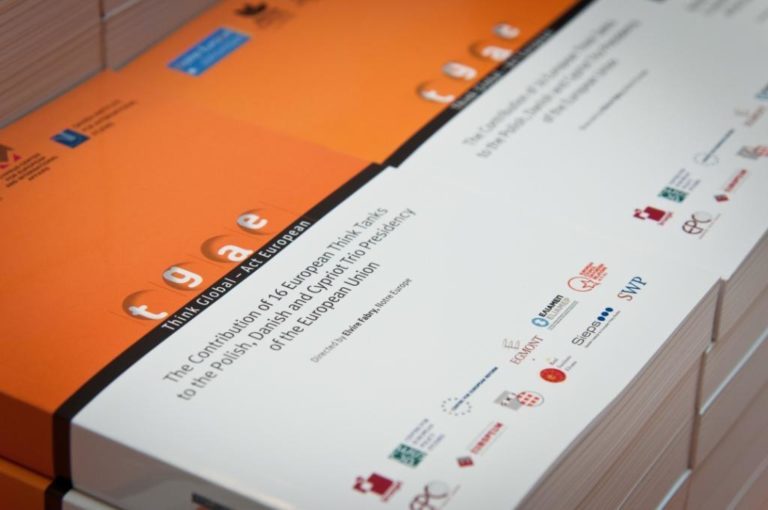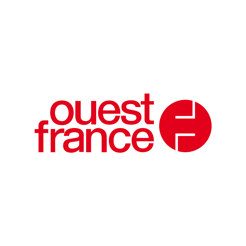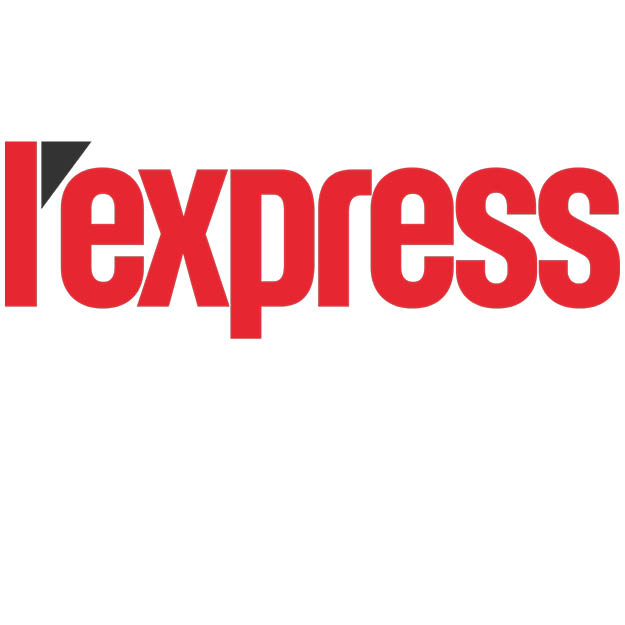Other document
EU ENLARGEMENT AND PRE-ACCESSION ASSISTANCE IN THE NEXT MFF
Russia’s aggression against Ukraine and the subsequent decision to grant candidate status to Ukraine, Moldova and Georgia has put enlargement back on top of the EU’s agenda and has risen the number of candidates and potential candidates to ten.
Despite huge uncertainty, all seems to indicate that most candidates will not be ready to join the Union during the next MFF, with the possible exception of one or two Balkan countries. In this context, the next MFF will be crucial for supporting candidate countries’ efforts towards accession. It is also recommendable to start reflections on how to adjust the EU’s major spending policies to future accession and preparing the next MFF negotiations by keeping in mind the eventuality of different enlargement scenarios. Regardless of Ukraine’s accession timeline, financial support for Ukraine is likely to remain a major budget item in the next MFF. Assuming that a sustainable peace agreement is reached by 2027, the focus will shift from short-term macroeconomic aid to long-term support for post-war reconstruction.
SUR LE MÊME THÈME
ON THE SAME THEME
PUBLICATIONS
Une victoire à la Pyrrhus des « illibéraux » ouvre la voie à un réengagement européen de la Pologne

Crisis Notebook

The “Article 7” proceedings against Poland and Hungary: what concrete effects ?

“Illiberal Democracy” or “Majoritarian Authoritarianism”? Contribution to the analysis of populisms in Europe

The revenge of the nation: political passions in contemporary Poland

La Cour de Justice de l’UE et la Pologne : premiers frémissements

They Love Me, They Love Me Not, They Love Me a Little: Public Opinion and the European Union in the Visegrad Countries

The Rule of Law under Threat: What Can Europe Do?

Think Global – Act European (TGAE) The Contributions of European Think Tanks to the Trio Presidency of the EU

Think Global – Act European III (TGAE III). The contribution of 16 European think tanks to the Polish, Danish and Cypriot EU Trio Presidency.

Synthesis Report of the TGAE’s presentation, 15 June 2011, Brussels

MÉDIAS
MEDIAS
« Pologne, la puissance européenne de 2025 ? »

Conseil de l’UE : pourquoi la présidence de la Pologne sera particulièrement scrutée

Viktor Orbán, central à l’internationale, marginal en Europe ?











